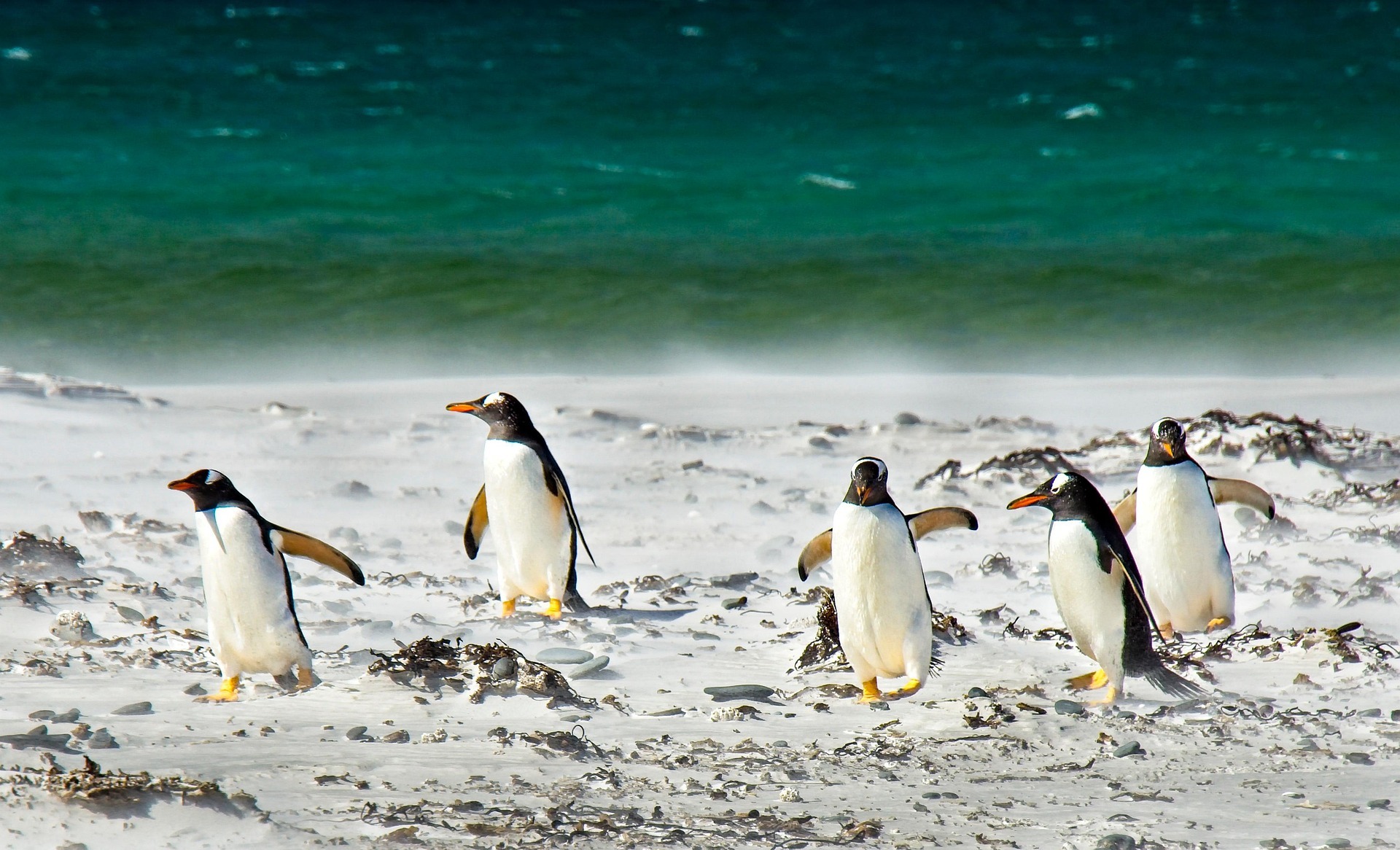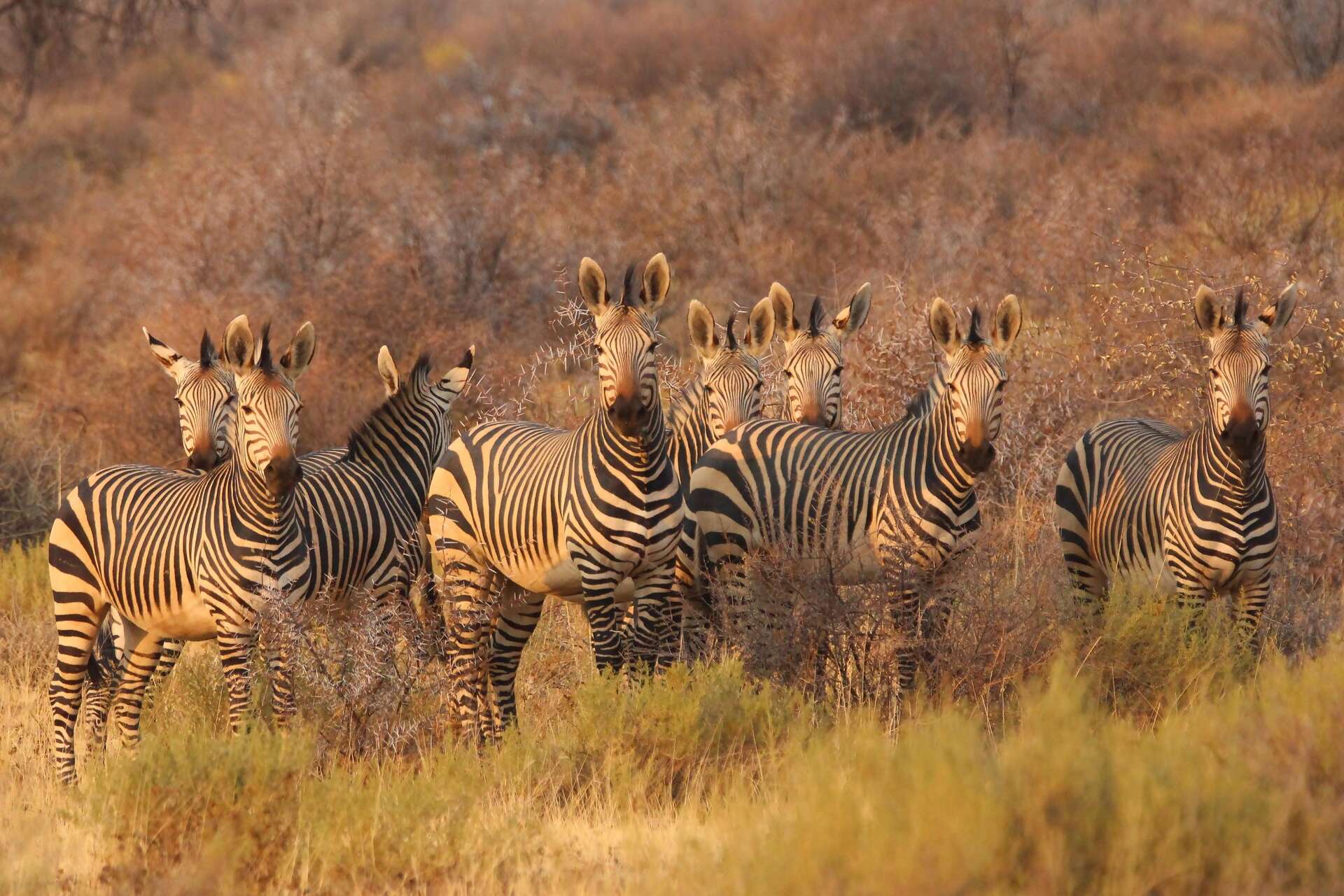As a travel advisor, one of the most rewarding parts of my work is helping clients experience the magic of wildlife up close.
Exploring the World Responsibly: Ethical Wildlife Tours for Conscious Travelers
There’s nothing quite like watching elephants roam freely in Africa, spotting polar bears on the ice, or hearing the songs of whales on an ocean expedition. But with this privilege comes responsibility. Not all wildlife tours are created equal—and part of my job is ensuring that the experiences I recommend protect the animals, support local communities, and tread lightly on the planet.
What Makes a Wildlife Tour Ethical?
When choosing wildlife experiences for my clients, I look for tours and suppliers that place animal welfare and sustainability at the heart of their operations. Here are some key points that define an ethical wildlife tour:
- Wildlife is observed, not disturbed. Ethical tours never allow feeding, touching, or riding of wild animals. Animals should be free to display their natural behaviors without human interference.
- Transparency and honesty. Reputable operators are clear about what travelers can expect. Ethical tours don’t promise close encounters or “guaranteed” sightings, because wildlife is just that—wild.
- Conservation at the core. Many responsible operators contribute directly to conservation programs—whether through funding anti-poaching initiatives, habitat restoration, or partnerships with wildlife NGOs (non-government organizations).
- Community empowerment. The best wildlife tours employ and train local guides, respect Indigenous knowledge, and ensure that tourism dollars stay within the community.
- Sustainable operations. From eco-lodges to low-emission transportation, ethical tours reduce their environmental footprint and often hold certifications such as Rainforest Alliance or Global Sustainable Tourism Council.
- Education and awareness. Trained naturalists and guides provide meaningful interpretation, so travelers return home not only with photos but also with a deeper understanding of wildlife conservation.

Sustainability in Practice
Sustainability isn’t just a buzzword—it’s an essential part of protecting the places we love to explore. Many ethical wildlife operators’ practice:
- “Leave No Trace” principles to minimize environmental impact.
- Plastic-free or low-waste policies on tours and in accommodations.
- Carbon-offsetting or carbon-neutral travel commitments.
- Partnerships with research and conservation groups to ensure tourism directly supports wildlife protection.
These steps ensure that future generations can continue to enjoy the beauty of our planet’s most fragile ecosystems.
Trusted Suppliers Offering Ethical Wildlife Experiences
For clients interested in sustainable wildlife encounters, here are some suppliers I’m proud to recommend:
- Intrepid Travel – A pioneer in responsible tourism, Intrepid was one of the first major operators to ban elephant rides. They offer small-group wildlife tours across Africa, Asia, and South America, with a strong emphasis on animal welfare and carbon neutrality.
- G Adventures – Partnered with World Animal Protection, G Adventures offers wildlife tours that prioritize ethical encounters, from tracking mountain gorillas in Uganda to observing marine life in the Galápagos.
- Hurtigruten (HX) – This small-ship expedition company offer polar and marine wildlife encounters, focusing on science partnerships, low-impact travel, and education about fragile ecosystems.
Final Thoughts
As travelers, we have a choice: to be passive observers or to become active participants in protecting the natural world. By choosing ethical wildlife tours, my clients not only enjoy unforgettable encounters but also contribute to the preservation of the very animals and habitats they came to see.
When planned thoughtfully, travel can be a force for good—for wildlife, for communities, and for the planet. Please contact me if you are interested in
Contributed by Samantha Leeming, Travel Specialist at Gin & Tonic Travel
All rights reserved. You are welcome to share this material from this page, but it may not be copied, re-published, broadcast, rewritten or redistributed.

